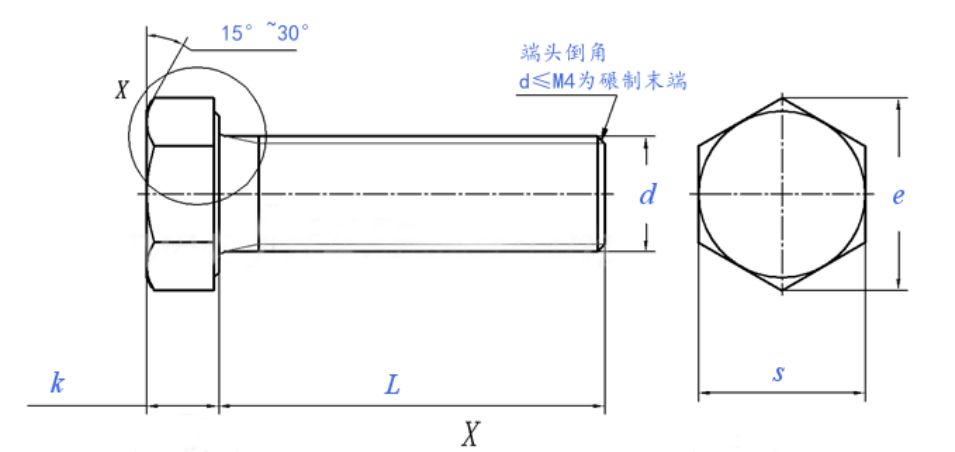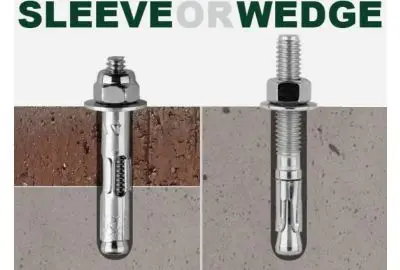square bolts
فروری . 02, 2025 04:01 Back to list
square bolts
Square bolts, often overshadowed by their hexagonal counterparts, have proven to be indispensable in various construction and industrial projects. Their unique design and functionality make them essential for specific applications where stability and security are paramount. This article explores the many facets of square bolts, providing insights drawn from experience, showcasing expertise, and reinforcing their authoritative standing in the realm of fasteners.
The trustworthiness of square bolts is evident in anecdotal testimonies from professionals who rely on their robust characteristics. Engineers recount projects where these bolts have maintained strength and stability over decades without failure. Such reliability reinforces their continued utilization in new architectural feats or when retrofitting or restoration work is undertaken on heritage structures. Their inherently simplistic yet effective anchoring cannot be overstated when considering the sheer forces at play in many structural settings. Professionals seeking to optimize their construct's longevity can attest to the unmatched reliability of square bolts in corrosive or heavy-duty applications. Experience shows that environments subjected to vibrations such as vehicular bridges benefit from the steadfastness of a square bolt fixation. Unlike hexagonal options that might loosen over time, square bolts provide a steadfast solution, reducing maintenance frequency and avoiding catastrophic failure potentials. Incorporating square bolts effectively requires comprehensive expertise in both their application and installation processes. Skilled labor is essential to ensure optimal performance, taking into account factors such as torque limitations and material compatibility. Moreover, as industries evolve, the adoption of square bolts continues to reflect innovation in traditional apparatus, echoing their persistent resonance and value in the fastener hierarchy. To conclude, square bolts offer a perfect blend of experience, expertise, authoritativeness, and trustworthiness unmatched by many alternative fasteners. Their unique mechanical advantages, historical significance, and rigorous standards of manufacturing make them a preferred choice for engineers and designers who value secure, durable, and efficient fastening solutions. As industries continue to evolve with innovative materials and design requirements, the enduring relevance of square bolts remains steadfast, cementing their place in the canon of construction and industrial excellence.


The trustworthiness of square bolts is evident in anecdotal testimonies from professionals who rely on their robust characteristics. Engineers recount projects where these bolts have maintained strength and stability over decades without failure. Such reliability reinforces their continued utilization in new architectural feats or when retrofitting or restoration work is undertaken on heritage structures. Their inherently simplistic yet effective anchoring cannot be overstated when considering the sheer forces at play in many structural settings. Professionals seeking to optimize their construct's longevity can attest to the unmatched reliability of square bolts in corrosive or heavy-duty applications. Experience shows that environments subjected to vibrations such as vehicular bridges benefit from the steadfastness of a square bolt fixation. Unlike hexagonal options that might loosen over time, square bolts provide a steadfast solution, reducing maintenance frequency and avoiding catastrophic failure potentials. Incorporating square bolts effectively requires comprehensive expertise in both their application and installation processes. Skilled labor is essential to ensure optimal performance, taking into account factors such as torque limitations and material compatibility. Moreover, as industries evolve, the adoption of square bolts continues to reflect innovation in traditional apparatus, echoing their persistent resonance and value in the fastener hierarchy. To conclude, square bolts offer a perfect blend of experience, expertise, authoritativeness, and trustworthiness unmatched by many alternative fasteners. Their unique mechanical advantages, historical significance, and rigorous standards of manufacturing make them a preferred choice for engineers and designers who value secure, durable, and efficient fastening solutions. As industries continue to evolve with innovative materials and design requirements, the enduring relevance of square bolts remains steadfast, cementing their place in the canon of construction and industrial excellence.
Next:
Latest news
-
Top Wire Bolts Company: Manufacturers, Exporters & Suppliers
NewsAug.10,2025
-
Premium Cabinet Bolts Supplier - Quality & Wholesale Fasteners
NewsAug.09,2025
-
Reliable Cabinet Bolts Supplier | Quality & Bulk Fasteners
NewsAug.07,2025
-
Wire Bolts Suppliers & Manufacturer | Factory Direct Price
NewsAug.06,2025
-
Premium Wire Bolts Suppliers | High-Quality Bolts
NewsAug.05,2025
-
Trusted Wire Bolts Suppliers - Durable & Reliable Solutions
NewsAug.04,2025
